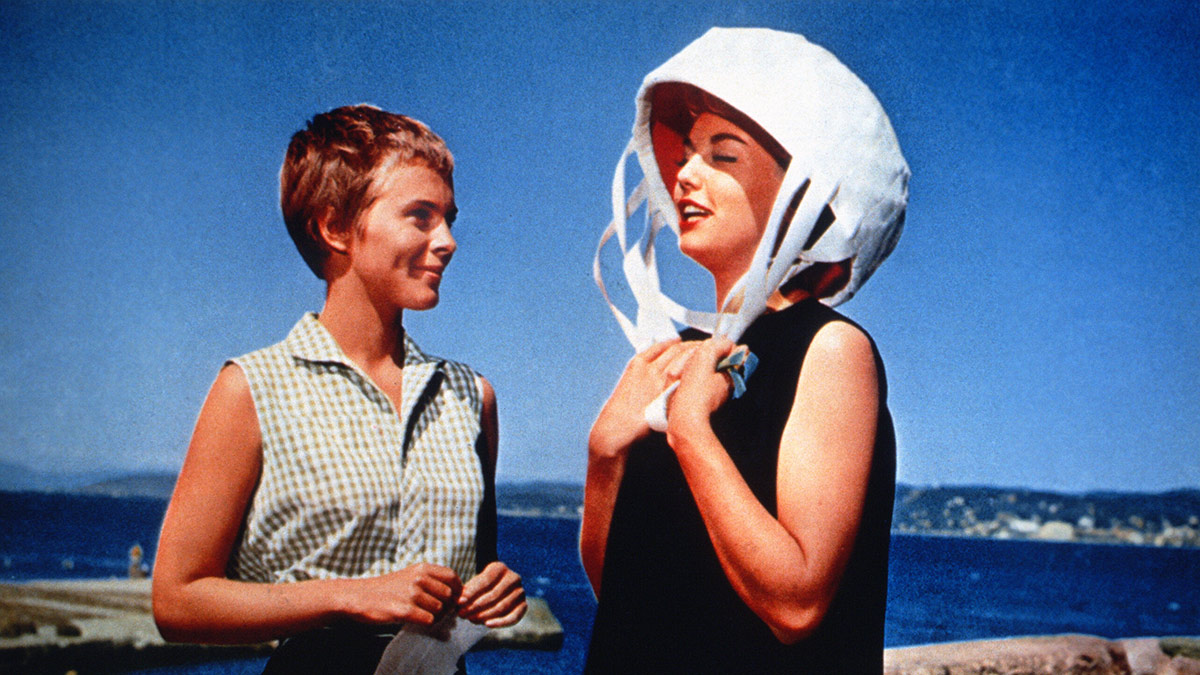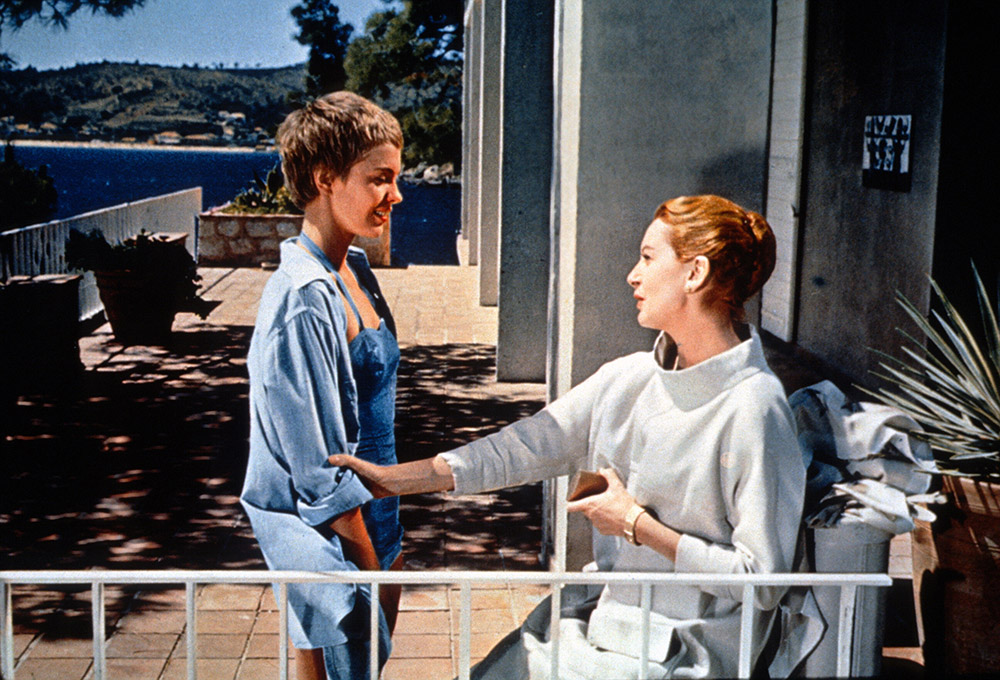
(c) Photofest / Getty Images
“Bonjour Tristesse” The lives of Jean Seberg and Françoise Sagan unintentionally overlap
2021.05.10
movement of emotions
Eric Rohmer wrote of ``Bonjour Tristesse'' as ``an epitome of the emotional movement that great filmmakers show us the standard of genius.'' Jean Seberg's every movement in ``Bonjour Tristesse'' is extremely fast. The speed with which Cecil performs a sharp dance in the black and white scenes becomes explosively faster in the color scenes as his emotions move. (In this work, the black and white scenes are set in the present day)
Cecil loves his playboy father. A complicit and amusing relationship with his father's lover Elsa. A momentary love with a young man he met at the sea. And his relationship with Anne (Deborah Kerr), an older, calmer woman who he sees as his rival. Set in a Françoise Sagan-esque landscape of a villa, the way Cécile moves quickly is a major pillar of the production in terms of emotional movement.

“Bonjour Tristesse” (c)Photofest / Getty Images
Cecil quickly grows physically and emotionally close to the young man, Elsa, Anne, and his father, and then quickly moves away from them. Cecil writes his plan to break up his father and Anne on a blank board, as if it were an innocent The Game, and carries it out. Cecil focuses on each individual's emotions, and easily separates himself from the emotions of others that he himself has brought into close focus. An irresponsible sense of speed.
In other words, Cecil's fast-moving movement line is not just a physical movement line, but also a movement line that moves his emotions one after another. Also, this sense of speed is similar to and different from the youthful explosion of teenagers. As if to prove that this sense of speed is unique to a girl named Cecil, Elsa, who is the same age as Cecil, is placed in the scene. Elsa, who is more cheerful than anyone else, doesn't move around the space of the frame as much as Cecil.
Cecil approaches Elsa, Anne, and their father, showing them what they don't have in close-up, causing temptation and jealousy that quickly disappears. This can be said to be Cecil's new interpretation of the "rules of The Game" inherited from his father Raymond. In Françoise Sagan's original novel, Cecile's father also makes seductive words to Cécile. "My cute accomplice. What would I be without you?"

